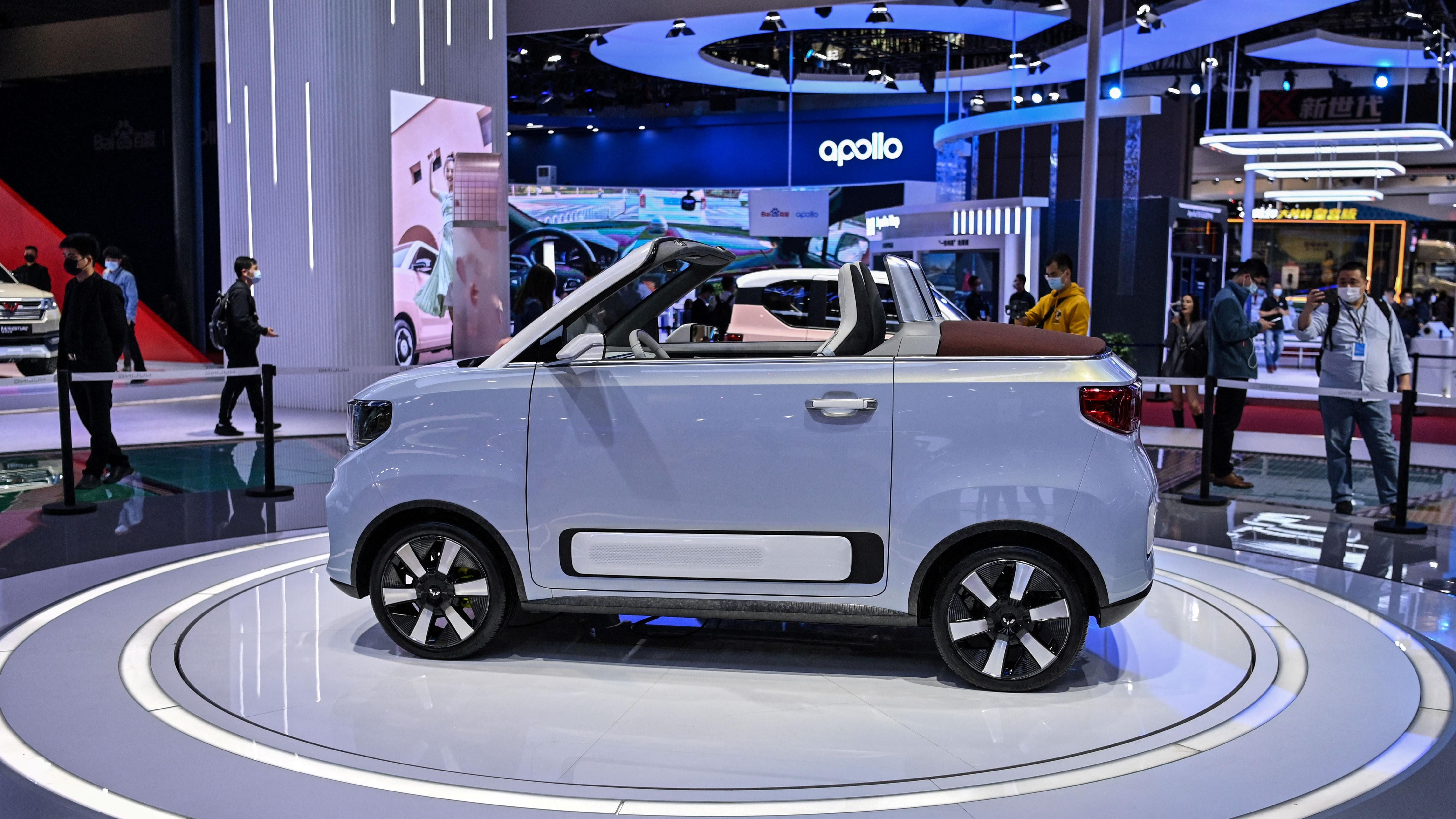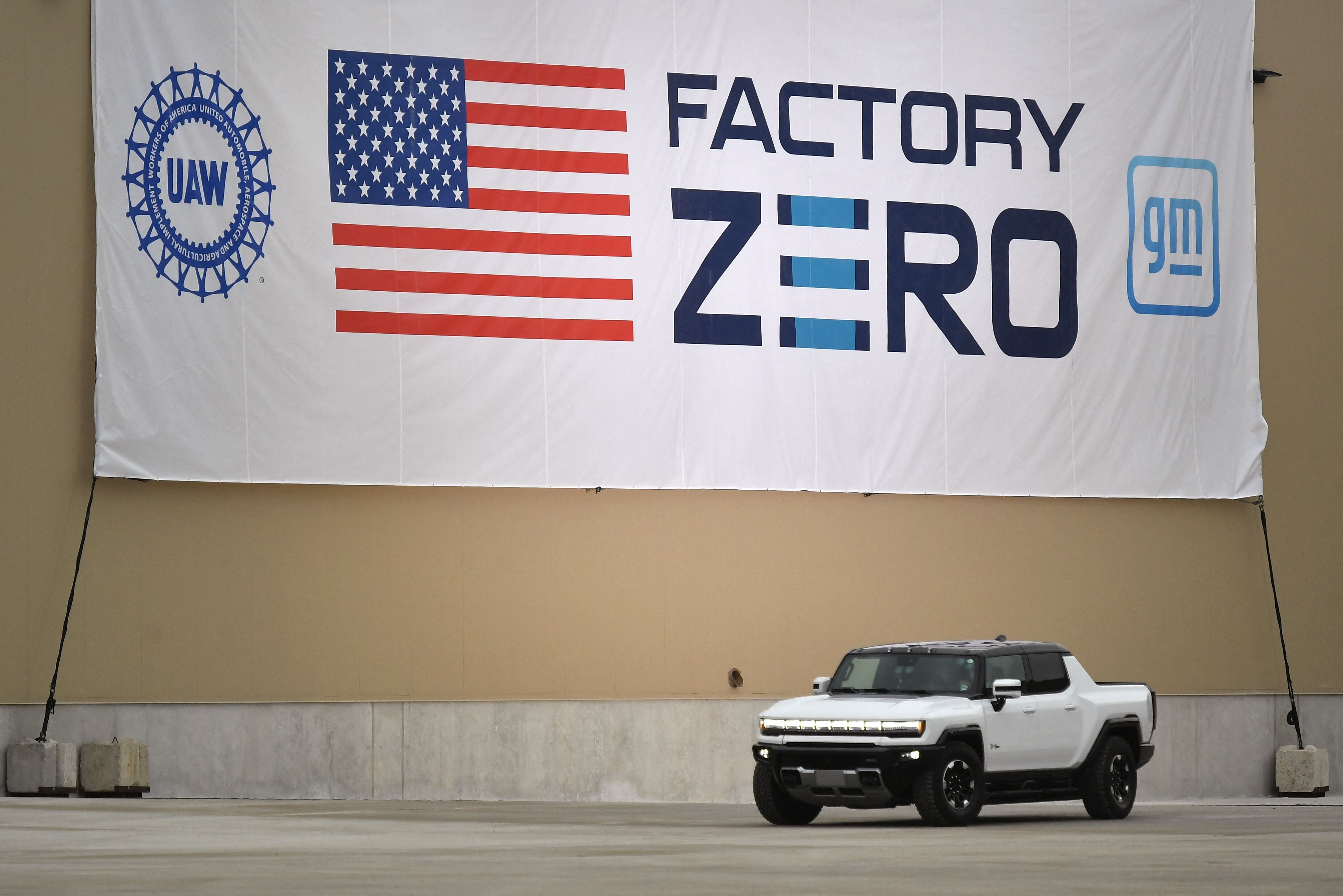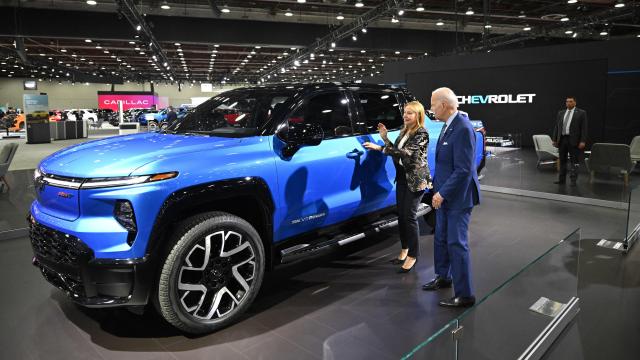Chinese Ambassador Qin Gang had a message for the U.S. about its plan to establish a domestic EV supply chain: “Don’t.” OK, so the Chinese envoy’s message was more diplomatic and detailed than that, but it was basically a warning to the U.S. against cutting China out of its EV supply chain altogether.
Because if the U.S. goes ahead with its plan, it would end up hurting both country’s interests, as Bloomberg reports. China claims these interests are “intertwined,” and upsetting the established order of the global supply chain would damage both the U.S. and Chinese economies.
During an interview at this year’s Detroit auto show — otherwise known as the North American International Auto Show — the ambassador went on to say:
To decouple with China means to disconnect from the world’s largest market as well as the biggest opportunity, […] the industry chain has been relatively well established over past years, and there would be no winner if anybody wanted to intervene or even destroy [that.]
The electric vehicle value chain, or specifically the supply chain, is very globalised.
Ah, there it is. I hadn’t heard the term “globalized” in a while. Usually, it’s in the context of corporations moving production to either East Asia, Eastern South Asia, or Latin America to cut costs and make more money. Now, globalization is being invoked by diplomats.
Ambassador Qin Gang isn’t wrong to say the EV supply chain — among others — is globalized. But no one is arguing that point. If anything, the U.S. agrees.
That’s the basis of the Inflation Reduction Act as it applies to EVs: electric cars from American companies depend on globalized supply and production, and the U.S. wants that to become localised supply and production.
The Chinese ambassador says cutting China off will end up cutting the U.S. out of the Chinese car market, and vice versa. American carmakers like GM, Ford and Tesla could lose access to the biggest auto market in the world. That’s not a bad point, per se. Especially now that big SUVs are becoming popular in China, and now that more cars built in China are being exported to other markets.

The ambassador used General Motors as an example, saying GM’s latest models are “designed, developed, and produced” to be sold in China. The GM-SAIC-Wuling joint venture is, indeed, doing pretty well thanks to the Wuling Mini EV.
Ostensibly, Chinese and other foreign EV makers would be put off by strict domestic rules, and overlook the American market. But China’s carmakers already do this: Bloomberg reports there wasn’t a single Chinese company at the Detroit auto show.
Compare that to the upcoming Paris Motor Show, which Chinese carmakers BYD and Great Wall Motor plan to attend, and it starts to look like China isn’t really interested in selling its EVs in the U.S.; it’s mostly interested in keeping a lucrative role supplying the majority of EVs sold in the U.S. or anywhere else.

